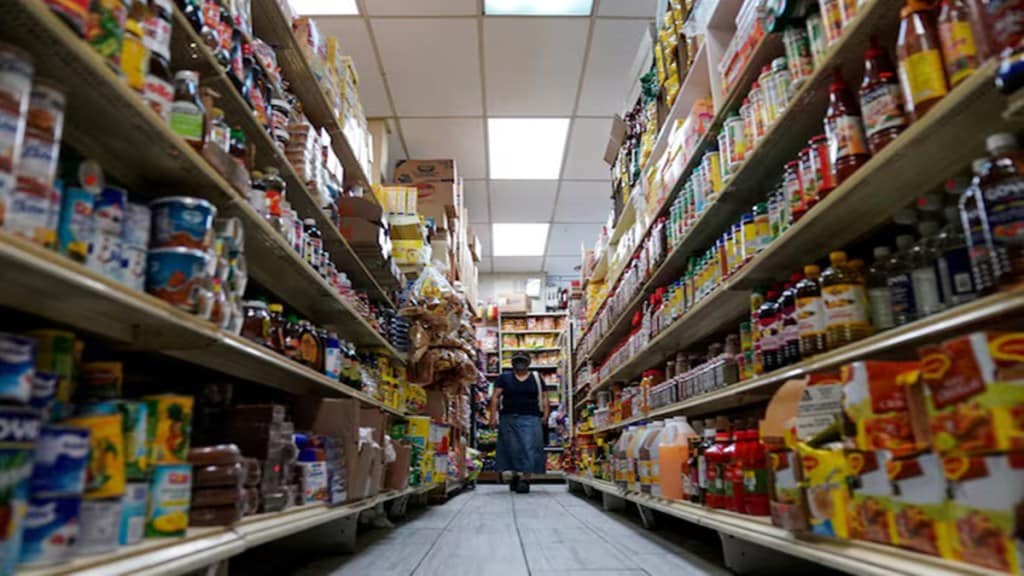Fast-moving consumer goods (FMCG) companies are expected to report weak sales growth for the September quarter, as trade disruptions caused by the GST reforms hurt performance during the period. Barring Marico and AWL Agri Business, which said in their recent business updates that they saw revenue growing at about 30% and 24%, respectively, versus last year, most other players have flagged low- to mid-single-digit revenue growth for the quarter.
The first indication of this was given by sector bellwether Hindustan Unilever (HUL), which said it saw near-flat to low-single-digit sales growth in Q2 due to postponement of new orders by trade to clear existing stock and delayed pantry buying by consumers in September. The trend was expected to continue into October, it said, as kiranas were likely to wait for old stock to clear completely before making new purchases.
“We anticipate a recovery starting November as prices stabilise, underpinned by rising disposable incomes and ongoing portfolio transformation actions,” HUL said.
Dabur said in its business update last week that it saw temporary disruption as consumers deferred purchases to benefit from lower MRPs. Distributors and retailers also focused on liquidating the existing higher-priced inventory, resulting in a short-term moderation in sales, it added. The company saw consolidated revenue growing in mid-single digits and operating profit to grow in line with revenue in Q2.
Godrej Consumer Products (GCPL), too, is likely to see mid-single digit revenue growth in Q2. The GST transition period was expected to have a short-term impact on profitability, with earnings before interest tax depreciation and amortisation (Ebitda) likely to decline for the September quarter, it said last week.
While most companies have said that they have passed on the GST price gains to consumers, retail trade, notably, kiranas, the backbone of FMCG distribution in India, have been slow to pass on these benefits.
Daily essentials such as soaps, shampoos, toothpastes, talcum powder, hair oils, nutrition, food and beverage products including bottled water and juices now attract 5% GST from 12% or 18% earlier. Kiranas argue that they are sitting on existing stock which has higher GST preventing them from doing much in terms of passing on price gains to consumers.
Marico said it extended trade discounts on the pipeline inventory to its channel partners during the two weeks leading up to the effective date of the GST rate changes to improve sales offtake during the period.
“In the given context, we expect modest operating profit growth on a year-on-year basis, though demand trends were stable during the quarter. We expect sentiment to gradually improve during the festive season and months ahead, aided by easing inflation, above-average monsoons, healthy crop outlook and policy stimulus,” Marico said.
AWL Agri Business said it saw an overall volume growth of 5% in Q2, led by edible oils and industry essentials such as oleochemicals.
“Most food & FMCG products demonstrated solid volume gains; however, the segment’s overall growth was held back by a sharp decline in non-branded rice exports, one-off G2G (government to government) rice sales in the prior year, and weak consumer demand for wheat flour in Q2,” the company said.


